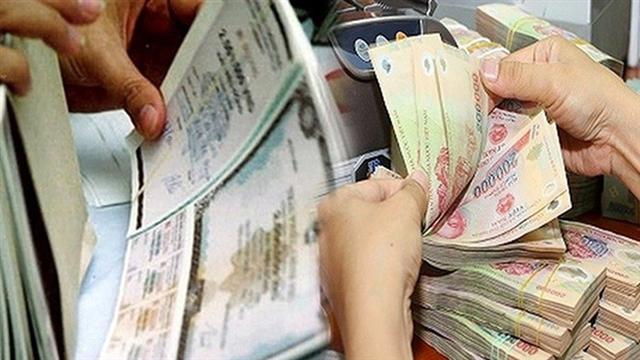MoF lists 17 market makers for debt market
MoF lists 17 market makers for debt market
As market markers, entities have the right to participate in the issuance and repurchase of government bonds and notes via bidding.
The Ministry of Finance (MoF) has released a list of 17 commercial banks and securities firms subject to join the Government bonds market this year, an increase of four new entities compared to the 2020 list.

Vietnam's government bond segment accounts for 83.8% of the country's total bond stock.
|
Under the Decision No.2290/QD-BTC, set to become effect from January 1, 2021 – December 31, 2021, those in the list will act as market makers of Government debt instrument.
Market makers are required to submit reports to the MoF for evaluation between November 1 and 10, so that the latter will evaluate the condition to maintain market maker status. Unqualified market markers will receive notice with reasons on why they are excluded from the list.
As market markers, entities have the right to participate in the issuance and repurchase of Government bonds and notes via bidding, as well as playing as the main guarantee organization for the issuance of government bonds.
Market makers will also participate in discussion for drafting new policies for the bond market.
This year’s list includes four securities firms of BIDV Securities Company, Vietcombank Securities Company, Ho Chi Minh Securities Corporation, Saigon – Hanoi Securities Company, and 13 banks with major names, such as BIDV, Vietinbank, Agribank and Military Bank.
Vietnam’s Government bond segment grew 9.1% quarter-on-quarter at the end of September 2020 to reach US$54.7 billion - accounting for 83.8% of the country’s total bond stock, a report from the ADB noted.
This directly contributed to a quarterly growth of 11.6% of the local currency bond market at the end of last September – the fastest quarterly growth rate in emerging East Asia – to reach $65.3 billion.



























